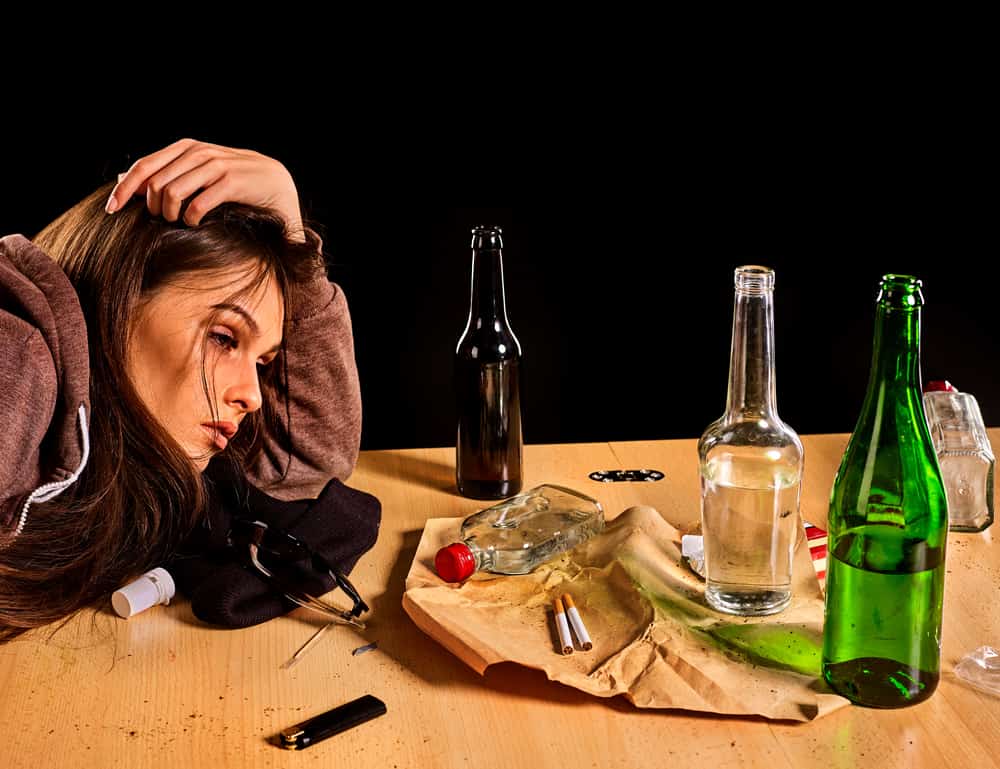Is alcoholism a significant problem in the United States? The statistics talk by themselves. Alcohol has been detected as the fourth leading cause of chronic health problems and preventable causes of death. According to the World Health Organization, alcohol abuse caused 3 million deaths worldwide only in 2016. That is around 5% of the world’s total deaths, with impressively high costs estimated at 245 billion dollars in 2010.
But alcohol is available for anyone to consume, and we don’t have as many advertisements against alcohol as compared to tobacco smoking. Many people wonder what is the dividing line between drinking alcohol moderately and turning it into an unhealthy habit.
In this article, you will find the answer to this question and much more.
How can we define alcoholism?
Alcoholism can be defined as the inability to take control of your own drinking habits. This is a broad concept that covers different types of alcoholism and different degrees. It is not about how much alcohol you drink or how often. Alcoholism is not being able to quit or feeling an irresistible urge to continue drinking. In time, this lack of control reflects the patient’s daily life, work, and relationships with others.
As mentioned, there are different types of alcoholism. We can say there are a mild, moderate, and severe types of alcoholism depending on how many symptoms you have and how bad it has affected your personal life. None of these types should be underestimated because alcoholism is one of those problems that people neglect until they are entirely out of control.
Read Also:
- Foods That Cause Depression: 8 Foods That May Worsen Depression
- Low Fiber Meal Plan: List of 18 Low Fiber Foods and Foods to Avoid!
- Top 10 Antioxidant Superfoods You Shouldn’t Ignore I What Are Antioxidants?, Types, Benefits
- Heart-Healthy Foods: 8 Foods That Are Good for Your Heart I Secrets to a Healthy Heart
- Foods High in B12: Top 12 Foods That Are High in Vitamin B12
- Food Items That Can Treat Anemia: 15 Best and Worst Foods For Anemia Patients To Eat
- The Best Low-Carb Foods I 12 Healthy Low-Carb Foods That Taste Incredible You Shouldn’t Ignore it!
- Low Sodium Foods | Top 20 Low Sodium Foods | List for How to Start a Heart-Healthy Diet
What happens in alcoholism (causes)

The reason why people turn to alcoholism is varied. But regardless of the cause, they gradually create a dependency and turn to drinking as an alternative way to solve their problems. It is common to start drinking when we’re going through difficult times. Alcohol triggers different responses in the brain that makes us feel better temporarily. Our brain detects this false improvement as something to look forward to, and a habit develops that slowly becomes abuse and alcoholism.
People usually start drinking alcohol for one of these causes:
